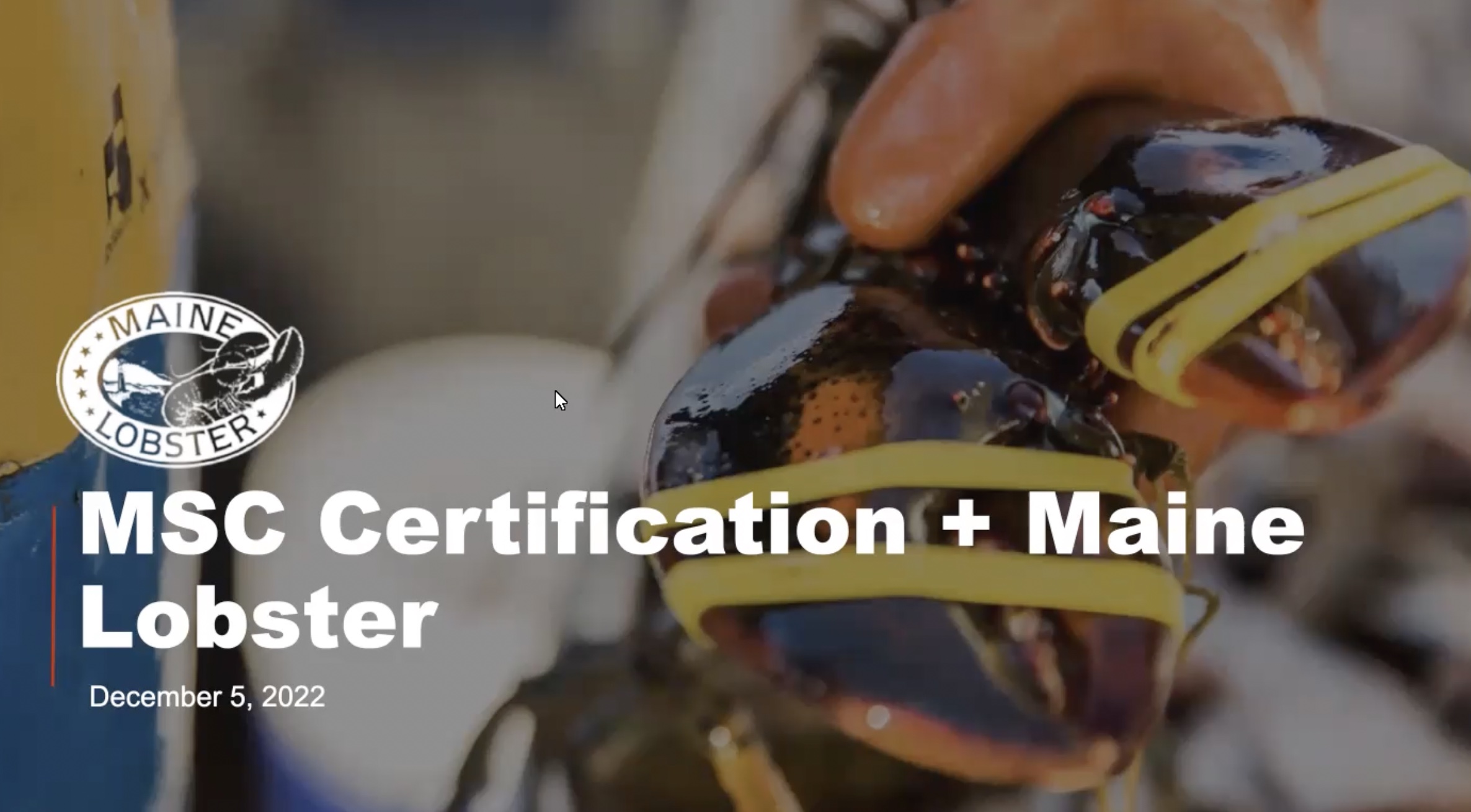|
In 2016, the National Science Foundation (NSF) unveiled a set of “Big Ideas,” 10 bold, long-term research and process ideas that identify areas for future investment at the frontiers of science and engineering. The Big Ideas represent unique opportunities to position our Nation at the cutting edge of global science and engineering leadership by bringing together diverse disciplinary perspectives to support convergence research. As such, even though proposals must be submitted to the Directorate for Geosciences when responding to this solicitation, once received, the proposals will be managed by a cross-Directorate team of NSF Program Directors.
Arctic temperatures are warming faster than nearly everywhere else on Earth, with some models projecting that continued warming could produce an ice-free Arctic Ocean in a few decades. The 6th Assessment Report from Working Group 1 of the Intergovernmental Panel on Climate Change highlighted the consequences of this warming, including the loss of mass from the Greenland Ice Sheet, lengthening fire seasons, increasing extreme heat events, thinning and loss of Arctic sea ice, threat of ocean acidification, and reductions in spring snow cover. The rapid and wide-scale changes occurring in response to this warming portend new opportunities and unprecedented risks to natural environments; social and cultural systems; economic, political and legal systems; and built environments of the Arctic and across the globe. Gaps in scientific observations and the prevalence of interdependent social, natural, and built systems in the Arctic make it challenging to predict the region’s future. Understanding and adapting to a changing Arctic requires creative new directions for Arctic-related research, education, workforce development, and leveraging of science, engineering, and technology advances from outside the Arctic.
Navigating the New Arctic (NNA) embodies an important forward-looking response by the Foundation to these profound challenges. NNA seeks innovations in fundamental convergence research across the social, natural, environmental, computing and information sciences, and engineering that address the interactions or connections among natural and built environments and social systems, and how these connections inform our understanding of Arctic change and its local and global effects.
This solicitation requests proposals that fall within one of three tracks: NNA Incubator Grants, dedicated to developing convergent teams to carry out research projects of larger scope in the future; NNA Research Grants, aimed to support creative projects on fundamental research that address convergent scientific and engineering challenges related to the rapidly changing Arctic; and NNA Collaboratory Grants, designed to support collaborative teams undertaking research and training initiatives addressing grand challenges related to the rapidly changing New Arctic.
Deadline Date
February 8, 2023
Review full program guidelines and learn how to submit a proposal in the latest solicitation. |

